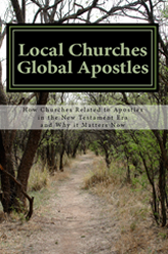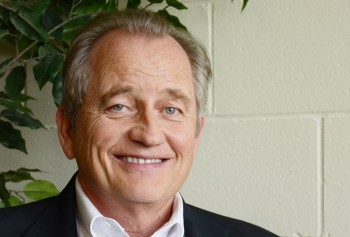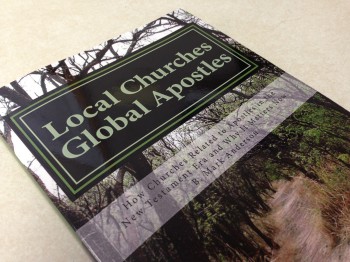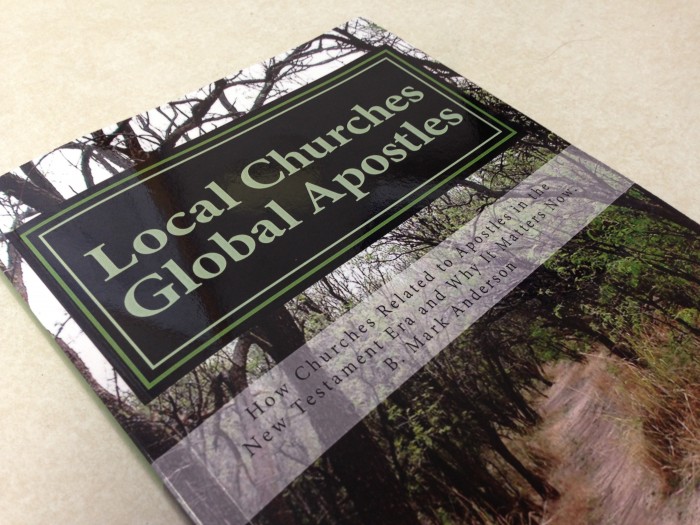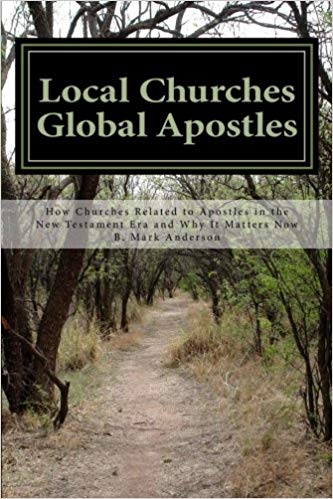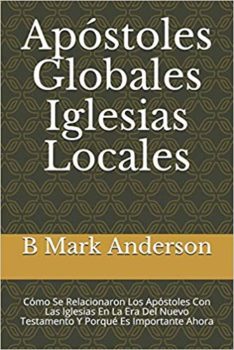
Must a Man See the Lord to be a True Apostle?
Must Someone “See the Lord” in order to be a True Apostle?
This “requirement” has long been held as necessary to be an apostle. But in the light of the modern day New Apostolic Revolution, let’s revisit the question: Must Someone “See the Lord” in order to be a True Apostle?
No, I don’t Think so. Here’s Why.
First of all, many of the 25 apostles mentioned in the Bible did not see the Lord in the flesh. Timothy, Titus, and Apollos were not in Judea or Galilee during Jesus’ ministry. Certainly, these men and other apostles named in the Bible could not see the Lord Jesus in the flesh as the original twelve saw Him.
Timothy was probably not even born by the time Christ was crucified. Paul connected with the young Timothy in Galatia (a part of modern day Turkey) about 51 AD and Christ was crucified in Jerusalem around 30 AD. That’s a span of about 21 years; it’s generally accepted that Timothy was a very young man when he began with Paul. Realistically, due to age and geography, there is no way Timothy could see the Lord.
Does “see the Lord in the Spirit” qualify? Paul first encountered Jesus on the Damascus Roadway. The three reports of this encounter state Christ’s “appearance” was a blinding light coupled with Jesus’ voice. Paul testifies that he did not prove disobedient to the heavenly vision [emphasis added] (Acts 26:19). Does a vision meet the standard that some require to “see the Lord” in order to be a true apostle?
If so, many could quality as modern day apostles because many men and women see the Lord in vision form.
What about the Other Appearances of Christ to Paul?
Could any of Christ’s other appearances qualify as to a time where he could say, “I see the Lord?” Christ appeared to Paul in various forms four recorded times in the Scriptures.
First, in the vision on the Damascus Road which we just examined. Next, at his first visit to Jerusalem shortly after his conversion. During this experience, Paul was “in a trance” (Acts 22:17) and did not see the Lord in the flesh. The third appearance occurred in Corinth when the Lord spoke to Paul in the night “by a vision” (Acts 18:9-10). Christ’s last recorded appearance to Paul occurred in Jerusalem when “the Lord stood by his side” (Acts 23:11), but this took place about 59 AD or approximately eight years following the writing of I Corinthians 9:1 where Paul claims to have “seen the Lord.” Therefore, this last appearance could not be what Paul was referring to as a time where he could say, “I see the Lord.”
What does the Scripture say?
“Have I not seen Jesus our Lord?” (I Cor 9:1). Here Paul asks a question. It is not a statement of who is an apostle and who is not. Can a question be turned into a qualification? Certainly, to “see the Lord” can add credibility to life. But to use a question to make a definite requirement that one must see the Lord in order to be an authentic apostle is not solid exegesis.
My Conclusions
Others may disagree, and Jesus will straighten us all out when we get to heaven, but here are my conclusions.
First, one questionable verse in the Bible can not and should not be used to determine the doctrine or definition of apostleship. It’s neither hermeneutically nor exegetically sound. Go to What is an apostle? to examine the definition of a true apostle.
Second, Paul himself states Christ’s appearance to him on the Damascus Road was a vision. If a vision qualifies, the basis for apostleship is rather low. In the days of the outpouring of the Holy Spirit, many–even children, will prophecy and see visions (Acts 2:17).
Third, about half the apostles mentioned in Scripture could not have seen the Lord Jesus in the flesh. They are named apostles, yet did not see the lord; therefore the “requirement” which some maintain is necessary to be a true apostle is no requirement at all. Rather, Paul’s use of the phrase “see the Lord” is a rhetorical question meant to bolster his standing in the eyes of his hearers.
I have written a report many find fascinating. It’s entitled “How Many Apostles are Mentioned in the NT–Twelve or Twenty-five?” Get your copy by signing up on the sidebar for weekly goodies in your inbox every Wednesday morning.
If you’re really wanting to go into depth, here’s an eye-opening book about apostles. Check out Local Churches Global Apostles.
In this book you will find more info about ancient and modern day apostles and the Biblical patterns for church and apostle relations. Included are case studies of every church in the New Testament. Many ministers have written positive endorsements. Here are a couple.
This is a book written by a seasoned, wise, surrendered follower and minister of Christ. It not only broadens our understanding and appreciation of apostolic ministry, it presents a powerful encouragement to grow and develop current and future apostolic ministers who will serve and relate to the church in ways that help care for and build Her His way. Ben Goodman, Lewiston Idaho
A remarkable and refreshing view of New Testament apostles and their relationships with churches of their time. A valuable resource book.
Ivan Sagal
Church planter, missionary and intercessor
I also recommend the book by C. Peter Wagner entitled Spheres of Authority which is sold on Amazon.com.
<iframe src=”http://rcm-na.amazon-adsystem.com/e/cm?t=bmarand07-20&o=1&p=27&l=qs1&f=ifr” width=”180″ height=”150″ frameborder=”0″ scrolling=”no”></iframe>

